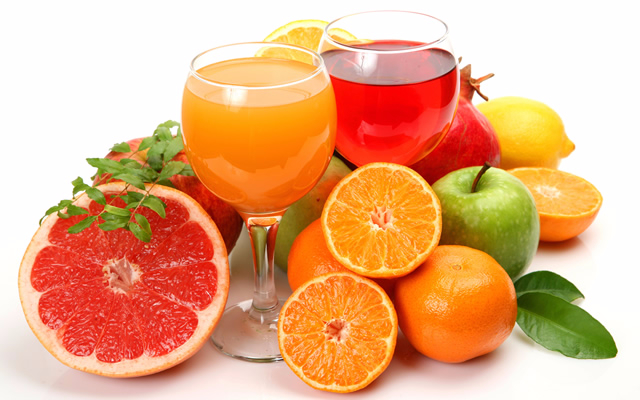We all think that a bowl of fruits and vegetables is the best kind of meal one can have. We chop all the fruits and salad vegetables that our refrigerator has, squeeze a lime, add a dash of salt and we believe it to be the healthiest ever. But is this the right way to go about it?
Acidic, sweet or neutral – If this isn’t how you categorize your fruits when combining them, you need a lesson in how to go about your salads. First of all, you shouldn’t mix fruits and vegetables with each other. Second of all, you shouldn’t even combine certain fruits with each other. This basically depends on the speed of digestion of different fruits and vegetables. Many permutations that you are making are perhaps hindering optimal digestion and assimilation.
Here’s how you can decide what to pull in that bowl of yours the next time.
Have melons with melons
Melons are celibates. They never pair up with anyone else. Have them by themselves as they may not digest well with any other fruit. This is because they digest faster than most other fruits owing to their high water content. Avoid mixing your watermelons, muskmelons, cantaloupe and honeydews with other fruits.
Never have acidic/sub acidic with sweet fruits
Try not to mix acidic fruits, such as grapefruits and strawberries, or sub-acidic foods such as apples, pomegranates, and peaches, with sweet fruits, such as bananas and raisins for better digestion. However, you can mix acidic with sub-acidic fruits.
For a similar reason, you should not mix guavas and bananas. Some studies claim that the duo can even increase your chances of nausea, acidosis and headaches.
Never have fruits with vegetables
Fruits and vegetables digest differently. Fruits have a quicker pace of digestion and in fact, many nutritionists say that they are partially digested by the time they reach the stomach. Also, fruits have more sugar content, something that can hinder the digestive process of vegetables.
For the same reason, one shouldn’t mix orange with carrot as when taken together, they may cause heartburn and excess bile reflux.
Never mix starchy with high protein
Only a few fruits are starchy in nature. These include green bananas and plantains. But there are many vegetables that are starchy in nature, such as corns, potatoes, cowpeas, black-eyed peas, and water chestnuts. You should never mix them with high protein fruits and vegetables such as raisins, guava, spinach, and broccoli. This is because your body needs an acidic base to digest proteins and an alkaline base to digest starches.
4 quick fruit fixes
– Consume between 4 to 6 fruits at one time.
– If you have had a lot of proteins, have papaya the next morning as it contains papain to break it down.
– If you have over-eaten salt, have a water-based fruit, like watermelon, the next morning to flush out the salt.
– If you have had excess carbs, like pasta, have apple the next morning as your body needs to work out more to break the complex carbs that an apple contains. This helps prevent bloating which may otherwise be caused by simple carbs like the ones in pasta.


